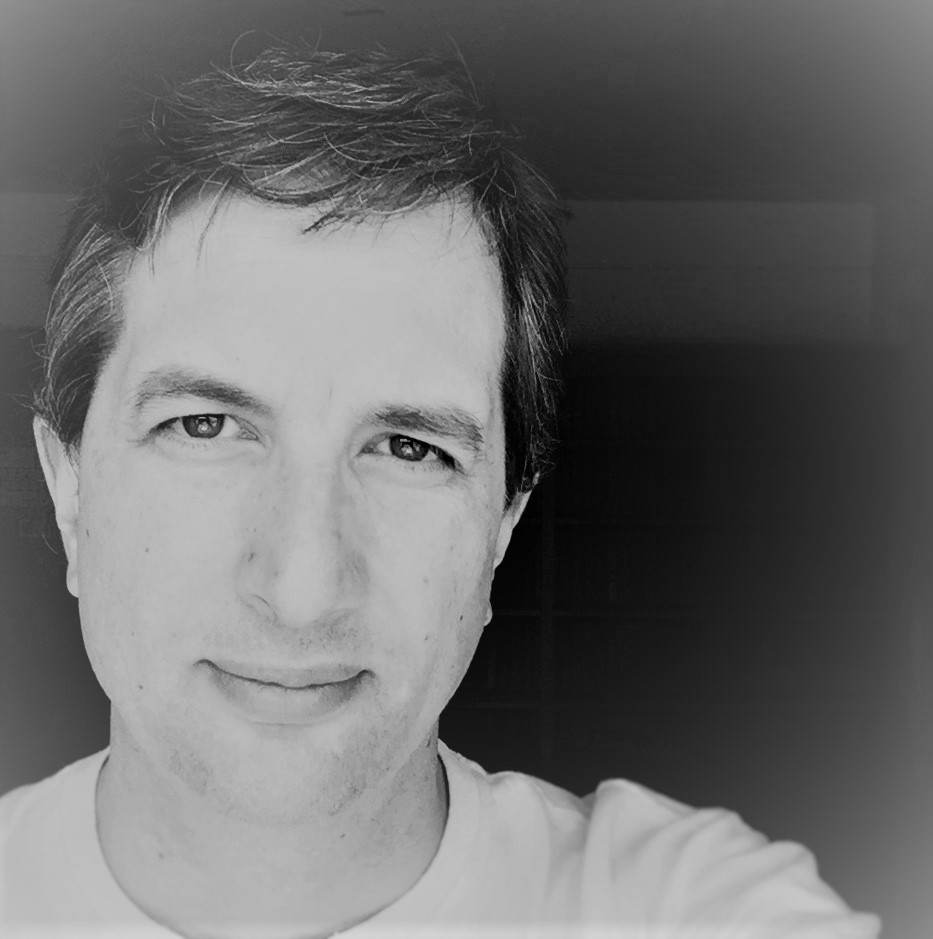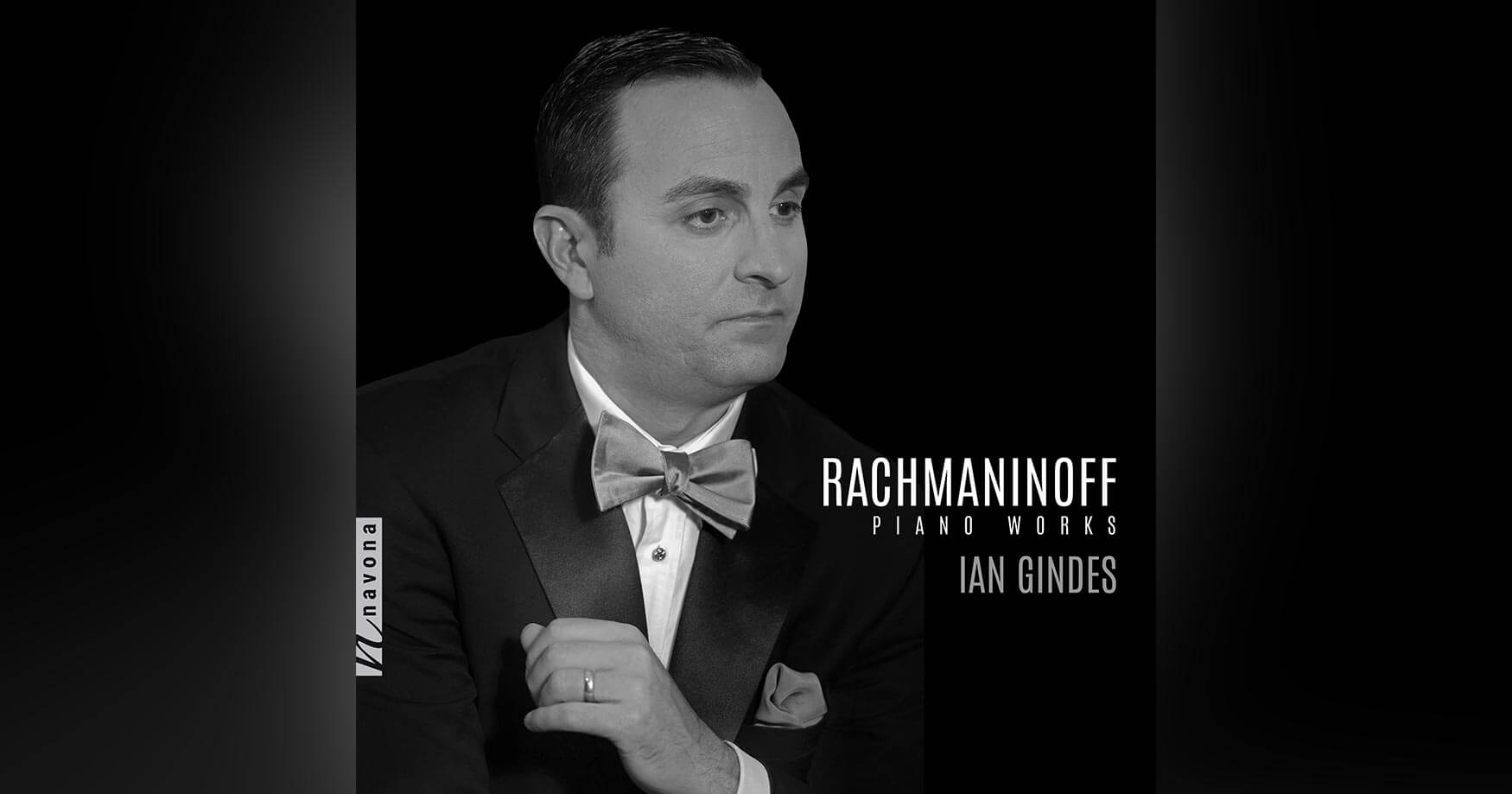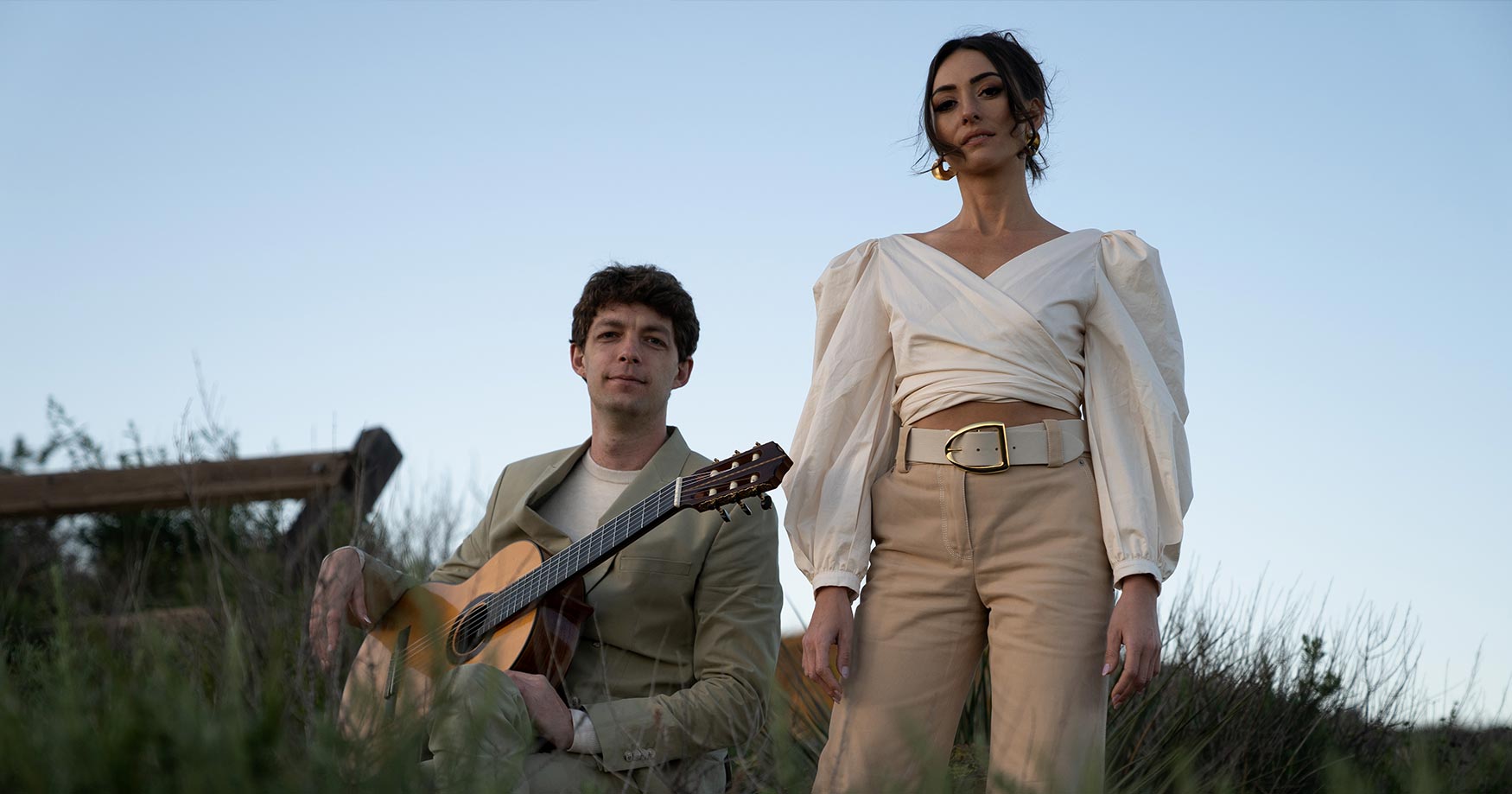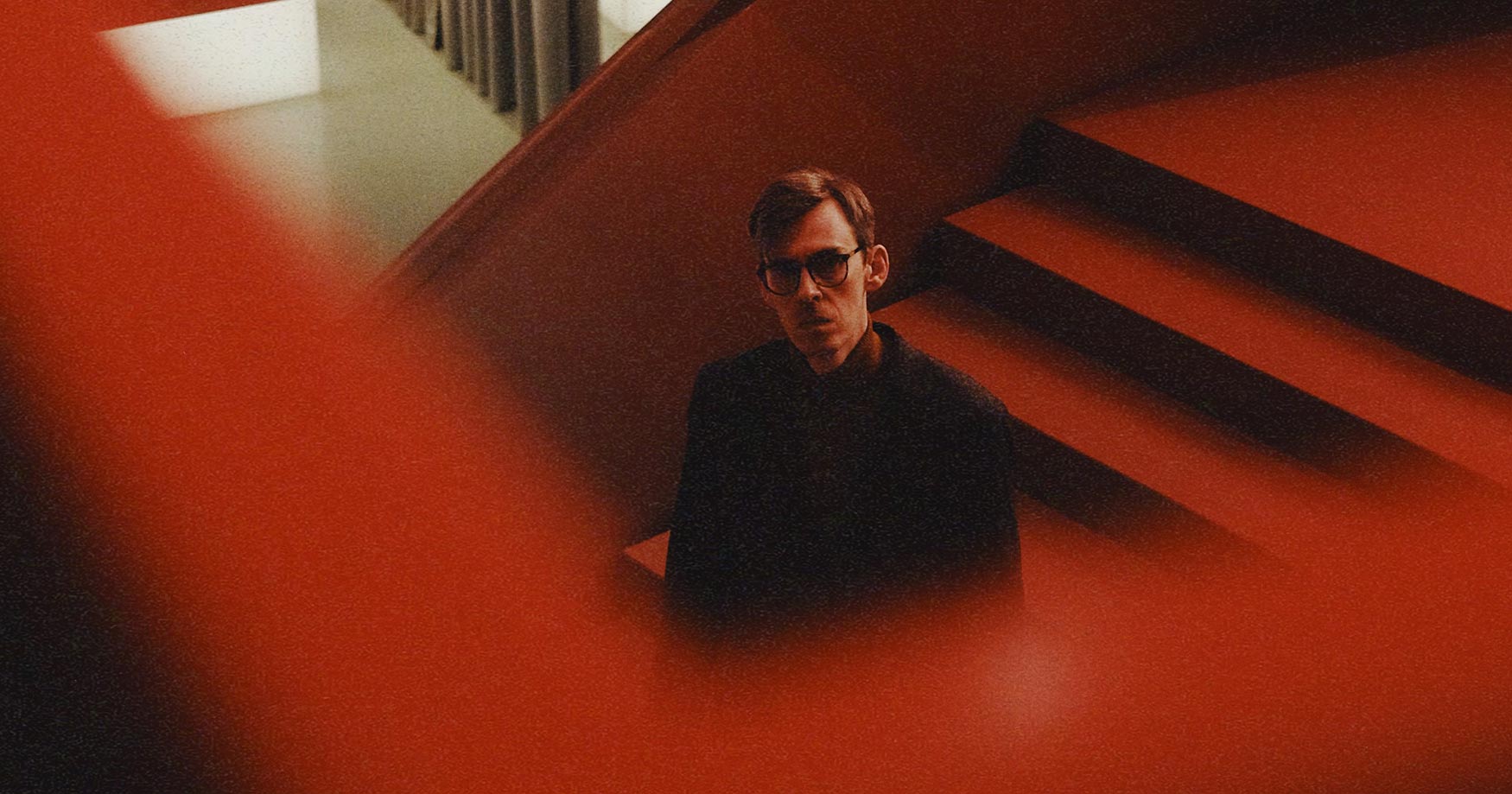Elements of Gregorian chant, Indian raga music, gamelan, rock, and progressive rock are frequently present in Bill Whitley’s work. Western composers who continue to influence his work include Brian Eno, John Cage, Laurie Anderson, Meredith Monk, Tetsu Inoue, Giacinto Scelsi, Morton Feldman, Lou Harrison, Pauline Oliveros, and Paul Dresher. He has been described as having an “… exceptional command of melody and compositional form” with music that “stands head and shoulders above others of its ilk…” (Textura, August 2017 review of Whitley’s album I DREAM AWAKE).
Bill was born in the Northwest United States and received a Bachelor of Arts in 1994 from Gonzaga University in Spokane WA where he studied organ, piano, and composition. In 2000 he earned a Master of Music degree in composition at the University of Idaho in Moscow ID, and in 2007 he earned a Ph.D. in composition at the University of Oregon in Eugene OR. He has studied composition with Robert Kyr, David Crumb, Robert Dickow, Dan Bukvich, and Fr. Kevin Waters and has had master classes with Lou Harrison, George Crumb, Veljo Tormis, John Adams, and John Corigliano. Bill’s music has been performed primarily in Italy, Russia, and the United States by ensembles ranging from symphony orchestra to solo electric guitar. Commissions consist of chamber, choral, vocal, and orchestral works.
Today, Bill is our featured artist in “The Inside Story,” a blog series exploring the inner workings and personalities of our artists. Read on to discover the rich blend of artists and groups which Bill considers to be his influences…
If you weren’t a musician, what would you be doing?
If I weren’t a musician, I would probably have carried on the family business of raising cattle. Sadly, I’ve only recently begun to appreciate how connected I feel to that life, and how impactful it has been on every aspect of my life—including writing (this very un-cowboy-like) music.
Sometimes, I’m hit with a wave of guilt for leaving my Dad out there to go it alone. Neither I nor my siblings picked it up.
If you could collaborate with anyone, who would it be?
Jordan Rudess of Dream Theater—the whole band actually. A composition for rock ensemble (written by me) is coming. It’s only a matter of time. I would also love to work with Sabine Liebner. All of her recordings are at the top of my list of favorites, especially her interpretations of Feldman and Stockhausen. I also would love to work with Norma Winstone. She seems to have moved from “jazz” toward jazz-inflected “art song.” I have four song cycles, most of which her voice would be ideal for. Joan La Barbara too. Her voice would be ideal for my (as of now) unrecorded/under-performed song cycles as well.
How have your influences changed as you grow as a musician?
Prog Rock/Prog Metal are a consistent thread throughout, but Debussy was the first “classical” composer that I connected with. While vernacular music plays a big part in how and what I write, Debussy is still the bedrock of my language, I think. But it goes something like this:
It starts with being drawn to The Piano like a magnet…
The Piano > Floyd Cramer, Charlie Rich, Ray Charles, Annie Herring, John Lennon, Freddy Mercury, Dennis DeYoung, Rick Wakeman, Billy Joel
Rick Wakeman > Yes
Yes > King Crimson
Billy Joel > Beethoven, Debussy
Debussy > Satie, Messiaen, Stravinksy
Stravinsky (& Debussy) > Centric pitch-class harmony
Messiaen > Chant, Constuctivism
Satie > Cage
Cage > Colin McPhee, Feldman, Lou Harrison, Stockhausen, More Constructivism
King Crimson, Colin McPhee & Lou Harrison > Gamelan
Lou Harrison (& George Harrison) > Ravi Shankar
Ravi Shankar & Messiaen > Shujaat Husain Khan, Ali Akbar Khan, Indian Music, Philip Glass
Philip Glass > John Luther Adams
Feldman & John Luther Adams > Anna Thorvaldsdottir
Put it all in a blender.
What were your first musical experiences?
Playing music in church was my first experience, and it was a tradition of improvisation. We didn’t use written music. Not so much as a leadsheet. There were lyrics that we followed, and that was it. I remember playing piano, and mom, playing the Hammond, would lean over and whisper, “Three flats!” (or whatever key) and off we’d go.
The worshipful improvisation sections, that began after the songs (called choruses) *ended*, in my memory seemed most similar to Grateful Dead improvs. Though my religious practice has changed quite dramatically, I think I compose the same way today. Things begin very amorphically.
Where and when are you at your most creative?
For me, there’s a window between 6:30am-10:30am that is pretty magical, at least in contrast to any time in the afternoon. I understand why Philip Glass writes only from 6am to noon, then spends the rest of the time on the phone/email. I’m pretty uncreative after noon. I’d be all for adopting a siesta culture.
I seem to be most creative when I can move around a lot at first. I’ll sit at the piano, then walk around a bit, water the plants, etc. But once I get into a piece, I’m fixed to the piano bench until the wave recedes.
What are your other passions besides music?
Not necessarily in this order: Backpacking, Hockey and Football (both as a spectator), Home Renovation, Games, Gardening, Dogs, Family.
Do you have any specific hopes about what this album will mean to listeners?
This is pretty much the same program for most of my pieces, in that there’s a trance-like introduction leading down a path—a cyclic pattern—when a lyrical melody appears. After the rhythmic cycle/additive process ends, there is a sudden epiphany-like moment, like waking up. Here I explore concentric cyclic patterns. After these processes end, the music then returns to the path, this time back the way it came. So…a big ternary form.
Elephant is like that too. The “Elephant” here is being used as a metaphor for wisdom and strength and patience. It’s also a nod to Ganesh. The piece was being written when the Marjory Stoneman shootings occurred. My hope is that this piece can be a moment of rest and resolve for listeners grappling with how to deal with this recurring nightmare. We’re all exhausted by it. There are so many angry people, so eager to give a rebuttal, so incapable of hearing the other.

THEN ELEPHANT SPEAKS will be available for streaming or purchase through Ravello Records on August 23. Click here to pre-order.



